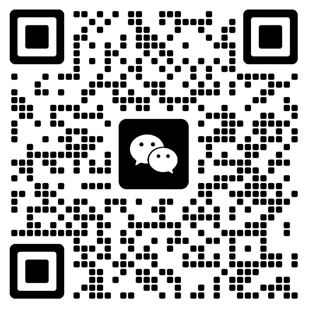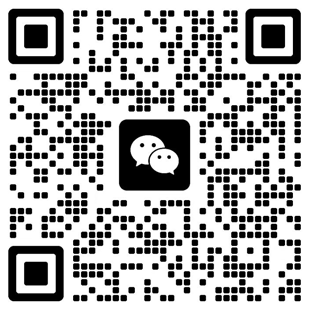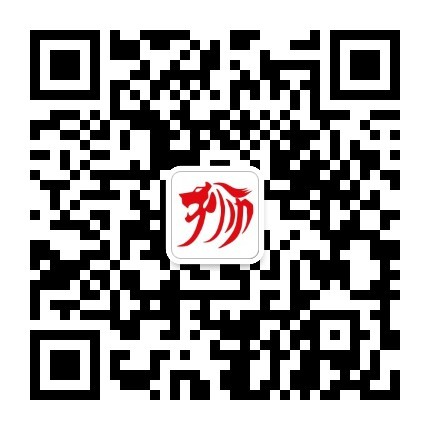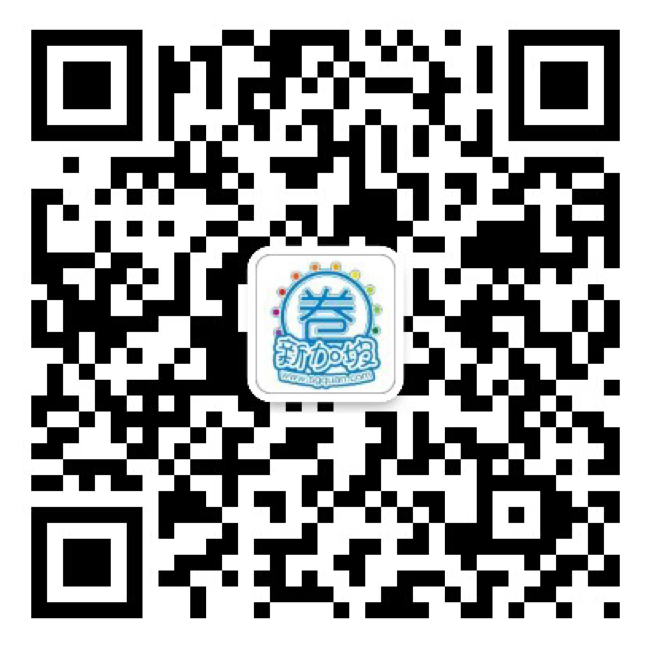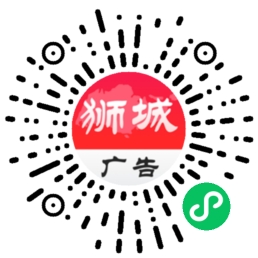|
|

jjrchome LV16
发表于 3-2-2012 09:05:41
|
显示全部楼层
本帖最后由 jjrchome 于 3-2-2012 09:06 编辑
秀外慧中 发表于 2-2-2012 08:21 
可以把那篇文章贴出来吗?
另一篇:
Parents question use of iPad
Bryna Sim | The New Paper | Fri Feb 3 2012

The shouting match over iPad 2s did not take place in a dodgy electronics shop between a sleazy salesman and a tourist.
Instead, it took place in one of Singapore's top secondary schools between parents and school authorities.
River Valley High School (RVHS) plans to get all its 2,800 students and teachers to use Apple's handheld tablet computer for lessons.
And the furious exchange took place during a briefing session, when some parents questioned the decision.
Their concerns also included the device's cost - about $700 - and access to unsuitable material on the Internet.
The school's principal, Mr Koh Yong Chiah, told The New Paper they had been planning for more than a year to implement the programme.
He said the main purpose is to use infocomm technology to enhance learning.
The first briefing session was held for parents of Secondary 1 children during the first week of January.
Parents The New Paper spoke to said that session did not have any incidents.
But housewife B. Tan, 42, said she left the session with a nagging concern: "The school did not show us how exactly our children would be learning through the iPad."
It was during the second briefing session on Jan 13 for parents of Sec 2 students that the disruptions happened.
Students had been allowed to attend both sessions.
A Sec 2 student, who witnessed what happened but declined to be named, said: "There was a parent who kept shouting and interrupting even when the principal was trying to explain things to him.
"There was another parent who did not back down in spite of having her questions answered."
The student added that the situation grew so tense that the Parent-Teacher Association (PTA) head allegedly said: "If you don't trust that the school is trying to help your children in their learning, then don't participate in the programme or take them out of the school."
When asked about the matter, Mr Koh said the male parent "wasn't asking questions", but was opposing what he was saying.
As for the PTA head, who is a parent volunteer with the school, Mr Koh said she had made the remarks as she was "upset and disturbed".
He also told TNP that the school recognises the parents' concerns are "valid" and is aware of the online comments.
"The parents' concerns are also ours," he said.
RVHS is not the only school here using educational technology in a big way.
Mr Koh intends to roll out the school's plan in phases from mid-March this year, and he hopes that by the end of this year, the iPad2 will be used in 30 per cent of their lessons.
He intends to increase this percentage to 50 per cent by the end of next year.
Because of these figures, some parents told TNP they felt "pressurised" to buy an iPad2 for their children.
Said businessman M Lim, 44, whose daughter is in Sec 1: "If I don't buy it, I fear that she will lose out in lessons.
"But I'm also uncomfortable with the pressure of the deadline of submission to purchase the iPad2.
Although the deadline is Feb 1, they were told to submit the form two weeks before that."
Parents were told that if they were to buy the iPad2 from the school's supplier, it would be "$200" cheaper than if they purchased it on their own.
But Mr Koh said it is "not compulsory" for students to buy the iPad2.
Students who cannot afford one will either receive school subsidies or be loaned a set for free. Other parents questioned if there was a need for the device.
The father of a Sec 3 student, who wanted to be known only as Mr Lee, 45, said: "A lot of things are good to have, but how much more will they be learning via the iPad in comparison to textbooks?"
Online forum
Added a parent on an online forum: "The school is already doing so well without iPads. There is really no need to introduce it."
When The New Paper looked at the forum yesterday, there were at least 50 comments by concerned parents on the issue.
Mr Koh said one of the uses of the iPad 2 in lessons would be to simplify complex concepts. And what about security of the iPads?
Mr Koh said each student will have lockers to store the iPads and that more CCTVs would be installed in the school.
Another fear the parents have is that their children will get addicted to games and other sites on their iPads.
Mr Lim said he was told at the briefing that in school, cyber wellness was the teachers' responsibility.
But at home, it would be the parents'.
He asked: "Why is the school giving me additional things to do?"
Mr Koh said the school has stepped up its cyber wellness education efforts to guide students on the use of iPads.
A Sec 2 RVHS male student, who declined to be named, said: "I really don't know if I'd prefer learning from an iPad to learning from a teacher."
One Sec 3 student added: "Textbooks may be heavier, but I'm used to them and I prefer learning from them. Learning from an iPad would be a sudden change for me."
Eight schools on board Future Schools project
All the 1,280 secondary students at Crescent Girls' School (CGS) have a tablet PC and an account on the school's e-learning portal.
When logged in, students can access 97 modules of online lessons. These lessons can be accessed from home before they attend class, making it easy for students to study and revise at home.
Using their tablet PCs, the students can also blog, upload videos and chat using instant messaging with their teachers and classmates.
CGS's principal, Mrs Tan Chen Kee, told The New Paper yesterday that it is "not compulsory" for the students to purchase a personal learning device.
"We facilitate the purchase of a personal learning device at attractive prices, but the decision is left to the parents," she said.
Still, the take-up rate for the device's purchase stands at "almost 100 per cent".
"This is confirmation of the parents' support for our approach in the use of technology to support teaching and learning," she said.
In November 2010, The Straits Times reported that Nan Chiau Primary School bought about 300 mobile phones for all Primary 3 pupils and two Pri 4 classes.
Science lessons
Using their handsets' styluses, the pupils use the software uploaded on their mobile phones to read up on the concepts for their science lessons, then go on to do exercises.
Both CGS and Nan Chiau Primary are part of the Future Schools project, which is funded by the Ministry of Education, the National Research Foundation, Infocomm Development Authority and industry partners.
The project now has eight schools on board, and these schools act as test beds for classroom technology.
Such schools try out educational technology, determine what works and share their know-how with other schools.
River Valley High School is not one of these schools, although it has been reported that the ministry plans to select up to seven more Future Schools by 2015.
Apart from CGS and Nan Chiau Primary, the other six Future Schools are: Hwa Chong Institution, Canberra Primary, Ngee Ann Secondary, Jurong Secondary, Beacon Primary and the School of Science and Technology.
Innovation, but at what cost?
How much technology is enough?
Schools these days seem eager to jump onto the high-tech bandwagon, testing programmes, doing tie-ups with organisations, all in the name of "enhancing students' learning with technology".
But in the process of striving to attain thisgoal, is there sometimes more loss than gain?
I'm not saying technology shouldn't be embraced. In fact, I'm envious of secondary school students today when I see them, for example, using iPad 2s to compose tunes during their music lessons in school.
In my time - which wasn't that long ago - music lessons consisted of just learning how to play a recorder.
I'm also heartened when students today say their interest in learning a particular language, like Mandarin, is finally piqued with the help of mobile learning devices.
But my concern is when technology, rather than teaching or education, becomes schools' primary focus and the pursuit of technological advancement involves more than a select group of teachers and students.
The Ministry of Education has been emphasising the importance of character education.
But my view is that when teachers are tasked to support their schools in the latest high-tech initiatives, the human touch is compromised all the more because the teachers just don't have time.
All too often, my teacher friends lament to me that they do too little of what they first set out to do - teach and shape their students' lives.
I'm also concerned that as a student's need to learn via a mobile learning device increases because of the school's requirements, it doesn't just encourage self-directed learning.
Self-sufficiency in that way is a good thing.
But my fear is that it will also breed greater selfishness and further alienate teachers from their students.
The days where students study together could soon be gone. From flipping through heavy textbooks scarred with pen marks of varied colours together, sharing notes and thoughts, students could instead be studying on iPads at home, alone.
Perhaps they would be saying goodbye too, to extra remedial lessons with their teachers since the mobile learning devices will have all the answers.
This is a scene in the future of our educational landscape I shudder to see but fear will manifest.
Can we master technology and control its influence, instead of letting it master our decisions?
This article was first published in The New Paper.
|
|
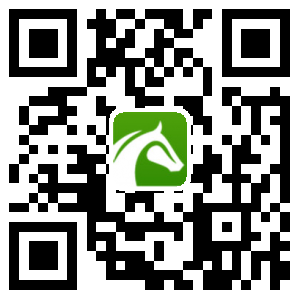

 IP卡
IP卡 狗仔卡
狗仔卡 显身卡
显身卡









